Legal Aid and Advice: An Overview
Legal Aid and Advice: An Overview
Legal aid and advice are the provision of free legal services in civil and criminal matters for those poor and marginalized people who cannot afford the services of a lawyer for the conduct of a case or a legal proceeding in any court, tribunal or authority. Legal aid and advice also include creating legal awareness, facilitating access to justice, organizing Lok Adalats and undertaking social action litigation.
Legal Aid and Advice in India
The Constitution of India, under Article 39A, mandates the state to ensure that the operation of the legal system promotes justice on a basis of equal opportunity, and to provide free legal aid to ensure that opportunities for securing justice are not denied to any citizen because of economic or other disability. Articles 14 and 22 (1) also make it obligatory for the state to ensure equality before the law and a legal system that promotes justice by giving equal opportunity to all.
The history of the legal aid movement in India dates back to 1952, when the Government of India started addressing the question of legal aid for the poor in various conferences of Law Ministers and Law Commissions. In 1980, a Committee under the chairmanship of Mr. Justice P.N. Bhagwati, then a Judge of the Supreme Court of India, was constituted by the Government of India to oversee and supervise legal aid programs throughout the country under the Legal Services Authorities Act, 1987.
The National Legal Services Authority (NALSA) was constituted under the Legal Services Authorities Act, 1987 to provide free legal services to the weaker sections of the society and to organize Lok Adalats for amicable settlement of disputes. The Chief Justice of India is the Patron-in-Chief of NALSA. NALSA is housed at Supreme Court of India, Tilak Marg, New Delhi.
In every state, State Legal Services Authority (SLSA) has been constituted to give effect to the policies and directions of NALSA and to provide free legal services to the people and conduct Lok Adalats in the state. The SLSA is headed by the Chief Justice of the respective High Court who is the Patron-in-Chief of the SLSA. A senior-most judge of High Court is nominated as Executive Chairman, SLSA.
In every district, District Legal Services Authority (DLSA) has been constituted to implement legal services programs in the district. The DLSA is situated in the District Courts Complex in every district and chaired by the District Judge of the respective district. A Civil Judge Cadre Judicial Officer is appointed as Secretary on full time basis.
What are Legal Services?
According to Section 2 (c) of the Legal Services Authorities Act, 1987, “legal services” includes any service in the conduct of any case or other legal proceeding before any court or other authority or tribunal and the giving of advice on any legal matter.
Legal services include:
- Representation by an advocate in legal proceedings.
- Payment of process fees, expenses of witnesses and all other charges payable or incurred in connection with any legal proceedings in appropriate cases.
- Preparation of pleadings, memo of appeal, paper book including printing and translation of documents in legal proceedings.
- Drafting of legal documents, special leave petition etc.
- Supply of certified copies of judgments, orders, notes of evidence and other documents in legal proceedings.
- Provision of aid and advice to access the benefits under various welfare schemes and legislations framed by the central or state government.
- Creating legal awareness by spreading legal literacy through camps, print media, digital media etc.
- Organizing Lok Adalats for amicable settlement of disputes which are either pending or which are yet to be filed, by way of compromise.
- Undertaking necessary steps by way of social action litigation about any matter of special concern to the weaker sections of society.
Who is Eligible for Legal Services?
According to Section 12 of the Legal Services Authorities Act, 1987, every person who has to file or defend a case shall be entitled to legal services under this Act if that person is:
- A member of a Scheduled Caste or Scheduled Tribe;
- A victim of trafficking in human beings or begar as referred to in Article 23
of the Constitution;
- A woman or a child;
- A mentally ill or otherwise disabled person;
- A person under circumstances of undeserved want such as being a victim
of a mass disaster, ethnic violence, caste atrocity, flood, drought,
earthquake or industrial disaster; or
- An industrial workman; or
- In custody, including custody in a protective home within the meaning of clause (g) of section 2 of the Immoral Traffic (Prevention) Act, 1956(104 of 1956); or in a juvenile home within the meaning of clause(j) of section 2 of the Juvenile Justice Act, 1986 (53 of 1986); or in a psychiatric hospital or psychiatric nursing home within the meaning of clause (g) of section 2 of the Mental Health Act, 1987(14 of 1987); or
- A person with an annual income less than rupees nine thousand or such other higher amount as may be prescribed by the State Govt., if the case is before a court other than the Supreme Court, and less than rupees twelve thousand or such other higher amount as may be prescribed by the Central Govt., if the case is before the Supreme Court.
How to Apply for Legal Services?
Any person who satisfies any of the criteria mentioned above is entitled to receive legal services, provided that the concerned Legal Services Authority is satisfied that such person has a genuine case to prosecute or defend. An application for legal services can be made to the concerned authority either orally or in writing. The application should contain details of the case and the grounds for seeking legal services. The authority may also ask for any document or information that it deems necessary to verify the eligibility and genuineness of the applicant.
The authority shall dispose of the application within eight weeks from the date of receipt of the application. If the authority decides to grant legal services, it shall appoint an advocate from its panel to represent the applicant. If the authority decides to reject the application, it shall record the reasons for such rejection and communicate the same to the applicant.
Benefits of Legal Aid and Advice
Legal aid and advice are essential for ensuring access to justice for all, especially for those who are poor, marginalized and vulnerable. Legal aid and advice can help in:
- Protecting the rights and interests of the people.
- Empowering the people to assert their rights and seek remedies.
- Reducing litigation costs and delays.
- Promoting alternative dispute resolution methods.
- Enhancing public trust and confidence in the legal system.
- Strengthening democracy and the rule of law.
Conclusion
Legal aid and advice are a constitutional mandate and a social responsibility. The legal services authorities at various levels are working tirelessly to provide free legal services to the needy and deserving people. However, there is still a lot of scope for improvement and expansion of legal services in India. There is a need for more awareness, participation and collaboration among various stakeholders, such as government, judiciary, bar, civil society, media and academia, to make legal aid and advice more effective and accessible. Legal aid and advice are not only a matter of charity but also a matter of justice.



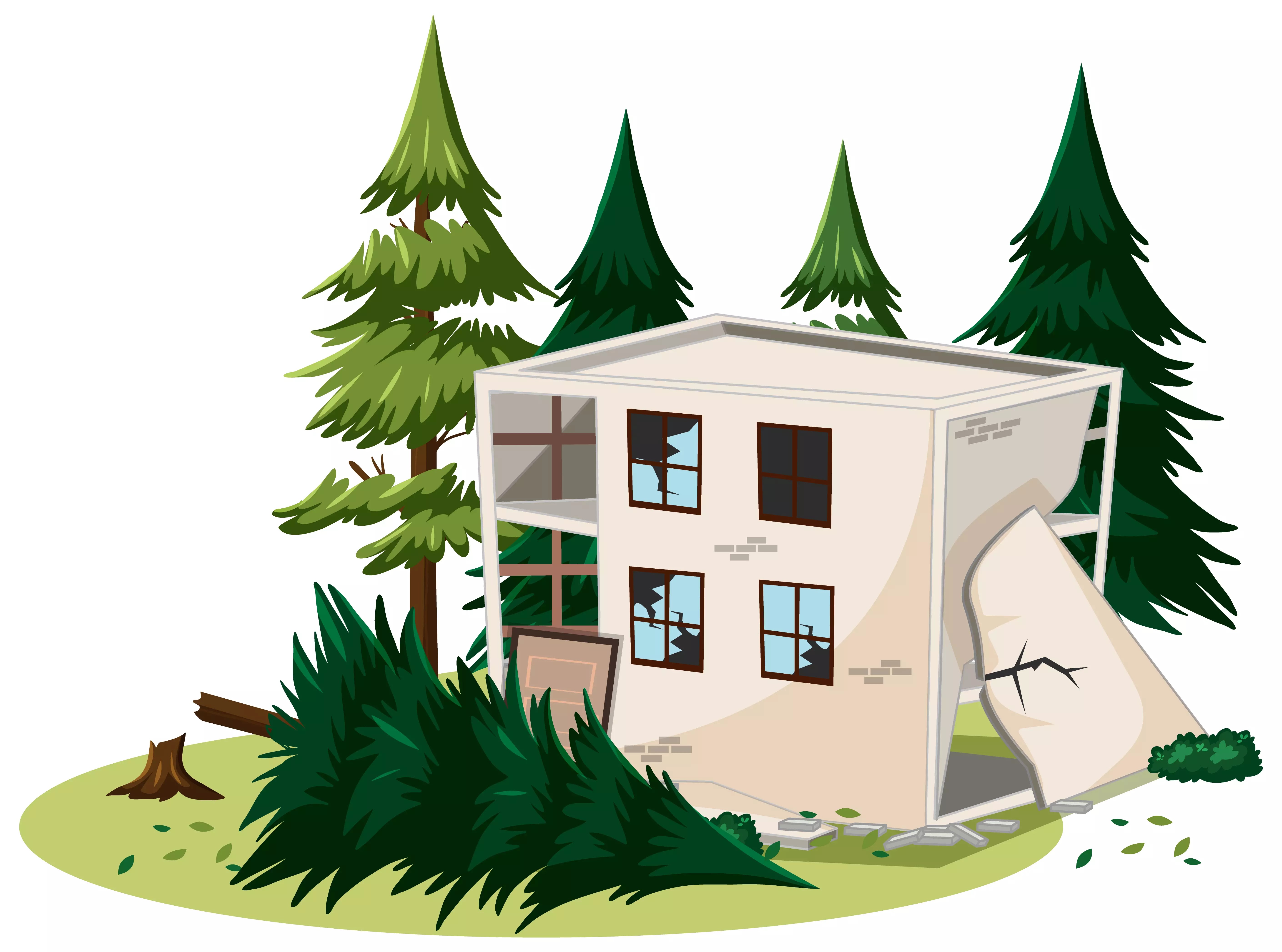


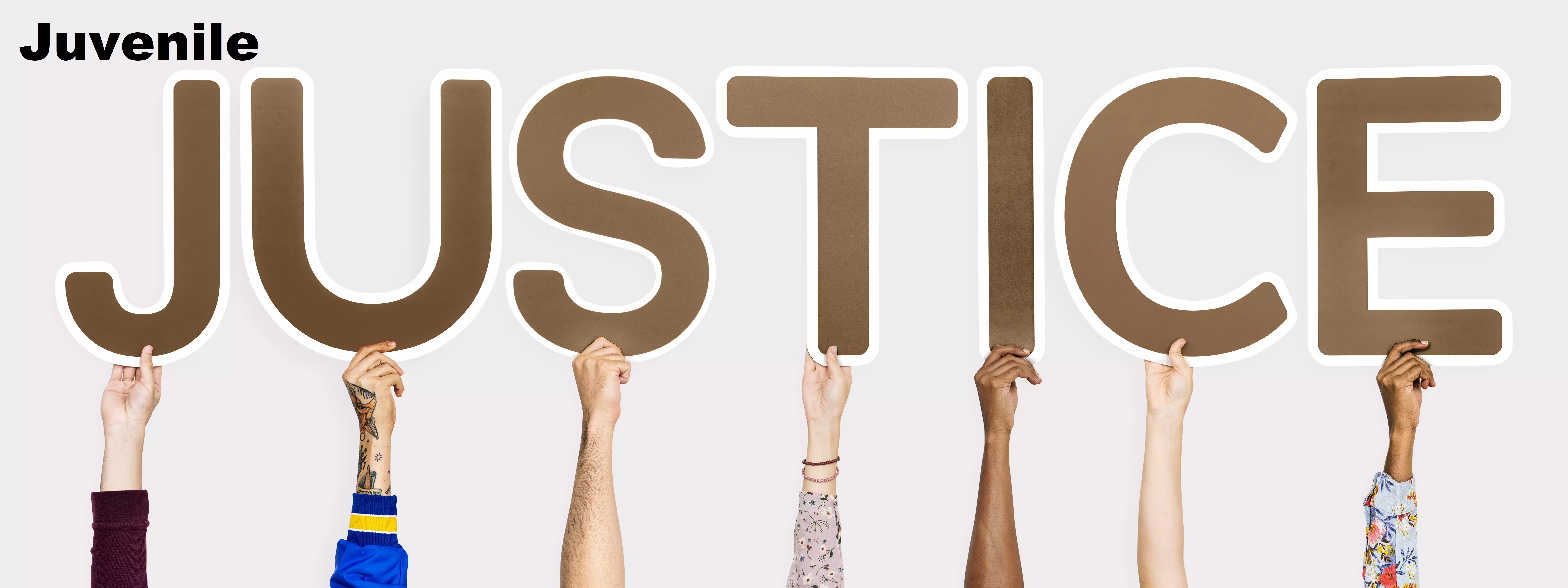

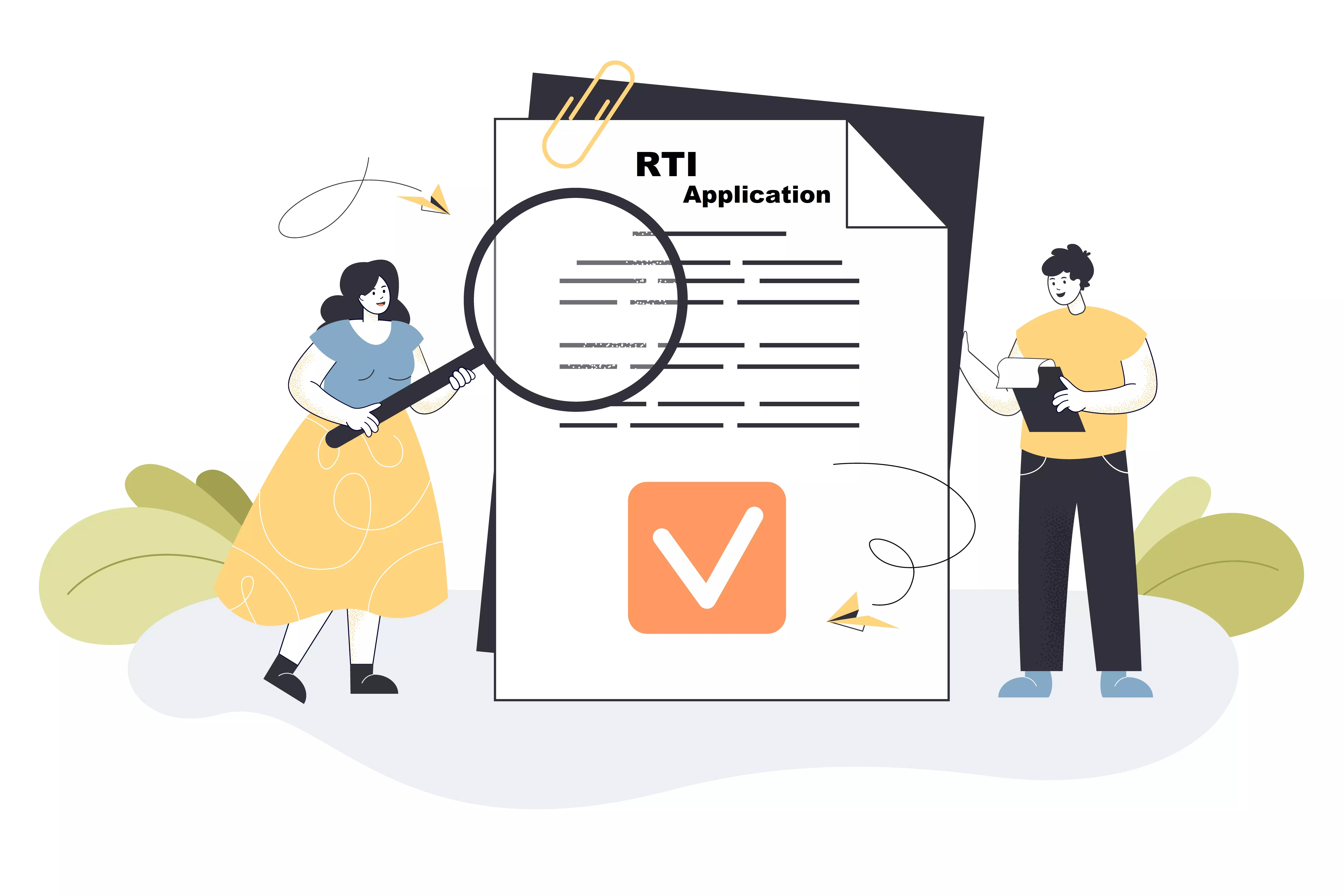
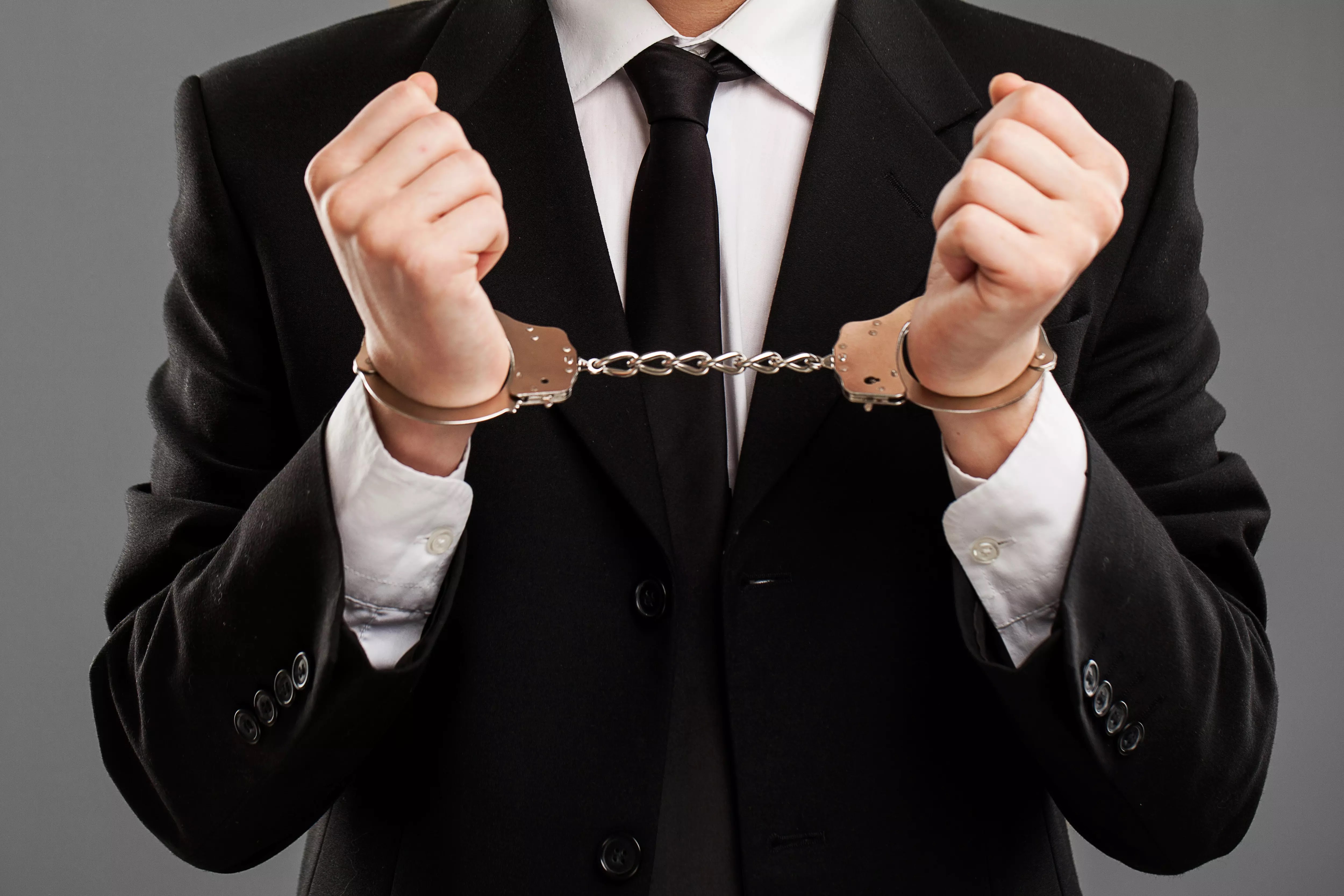
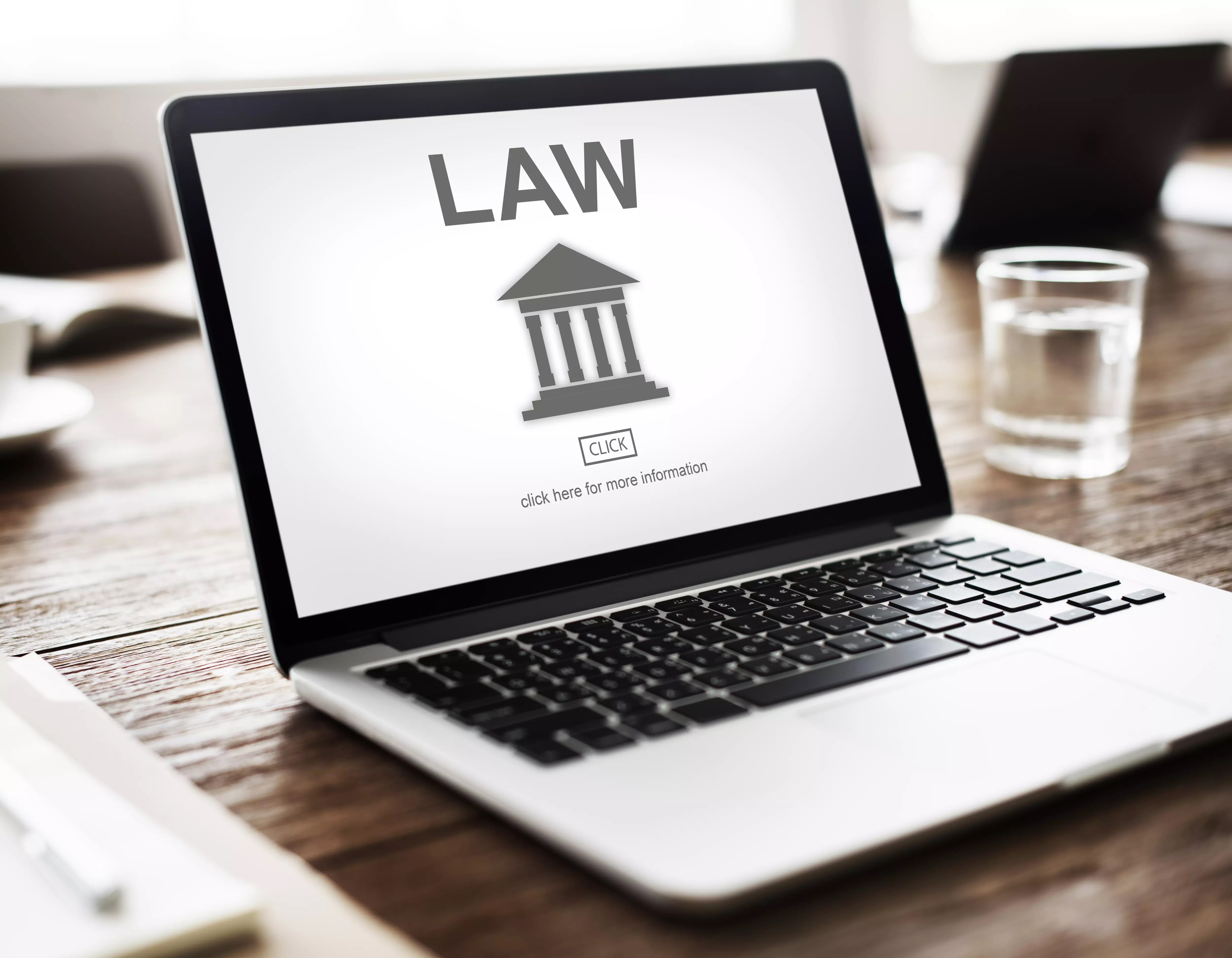


Comments
Post a Comment
Thanks, For Your Valuable Comment